
3 minute read
Two SENIOR care bills fail in the Georgia Senate
By Kathy Dean
The end of the Georgia Assembly’s session in March saw the demise of two pieces of legislation that would have affected residents in nursing homes and long-term care facilities — House Bills 290 and 605.
The initial purpose of HB 290 was to ensure that relatives of hospital patients and nursing/ care home residents were able to visit their loved ones, even during health emergencies like the current pandemic.
HB 605, nicknamed the ‘Grammy-cam Bill,’ was designed to set up a process for longterm care facility residents or their family members to install cameras and monitor their rooms after informing the facility.
While both bills managed to get support from the Georgia House of Representatives, neither was passed by the Georgia Senate and they languished until their time ran out. According to an April 1 article in Capitol Beat, there is a chance that both bills could be revived in 2022.
Visiting rights
HB-290 was prompted by the COVID-19 crisis. Family members of care home residents lobbied lawmakers to allow them to visit their relatives. Rep. Ed Setzler (R-Acworth) is the bill’s lead sponsor.
Originally, HB-290 would have blocked hospitals or longterm care facilities from denying visitations between family members and patients/residents who were in care for more than 24 hours.
Supporters argued that families should have the right to be in close contact with elderly and ill family members — even during a pandemic. They shared tragic stories, such as being unable to say final goodbyes in person with their dying parents.
Hospital and long-term healthcare professionals, on the other hand, expressed concern that an influx of visitors would weaken safety protocols and violate federal rules about allowing visitors during emergencies.
Hospital groups spoke against the bill, claiming that allowing such visits would endanger the health of patients, residents and staff during outbreaks of infectious disease.
As a compromise, a Senate committee changed the bill to allow only “legal representatives or caregivers” at least one hour of access to patients/residents in care for more than 12 hours. The facilities also would have the right to set “reasonable safety requirements” for the visits, and they could stop or deny access to anyone who didn’t comply with the safety protocols.
Later, it was further amended to require only that hospitals and nursing homes follow federal rules for allowing outside visitors. Still, HB-290 didn’t get beyond the Senate floor.
On March 24,. Setzler posted a response to the Senate committee’s changes on his Facebook page: “Hospital lobbyists completely GUTTED the right of patients to see their family members in the hospital! … We are, however, undaunted and will fight until we win for the rights of all Georgians who spent 2020 watching their Mom or Dad die in the hospital with no chance to see them face-to-face.’’
Grammy-Cam
The Grammy-cam Bill, HB-605, was the result of a 2014 nursing home death.
Continued on page 8
Living
Memory Care Communities in Cobb County

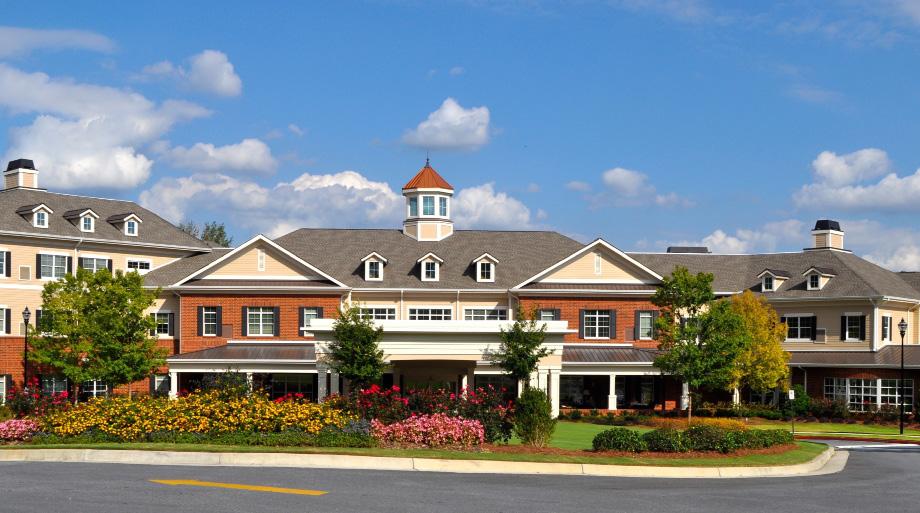
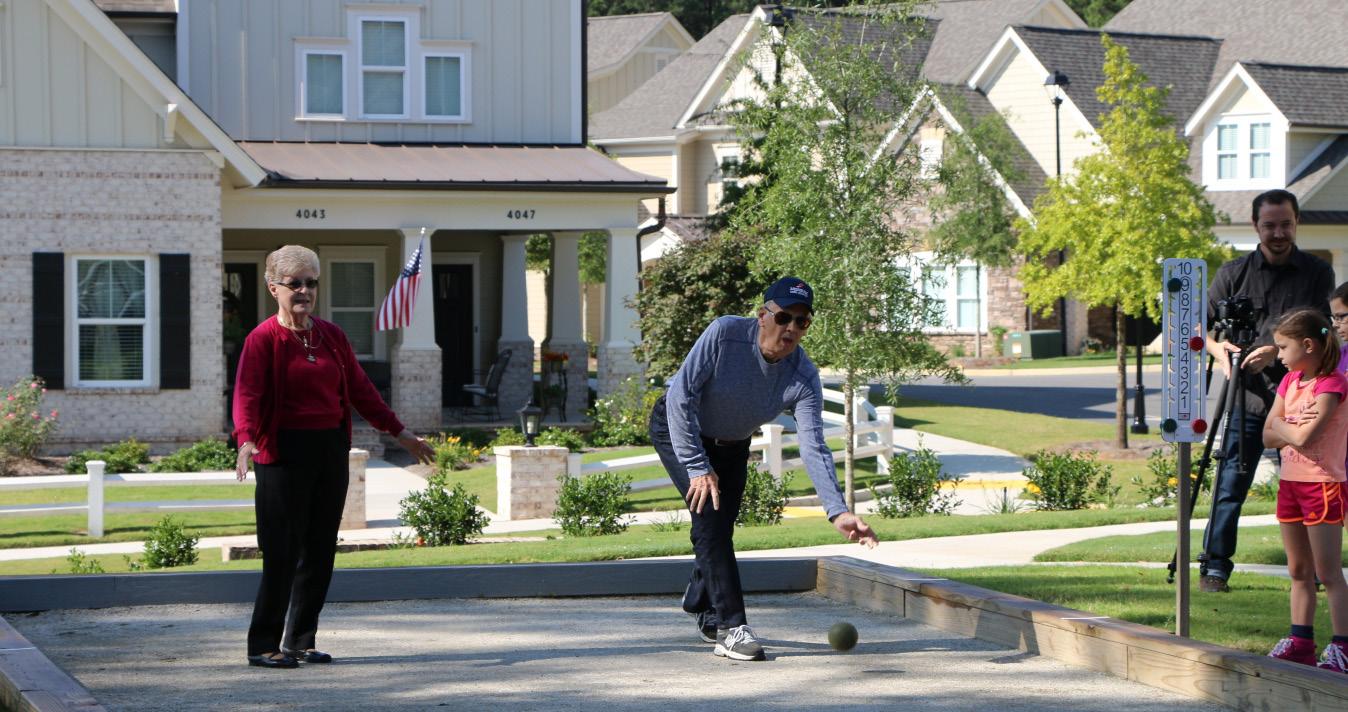
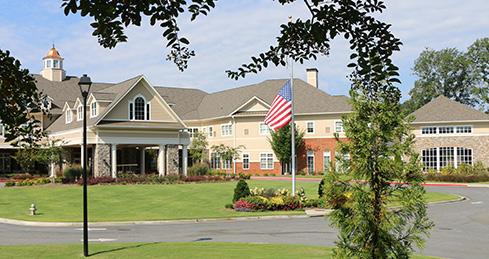
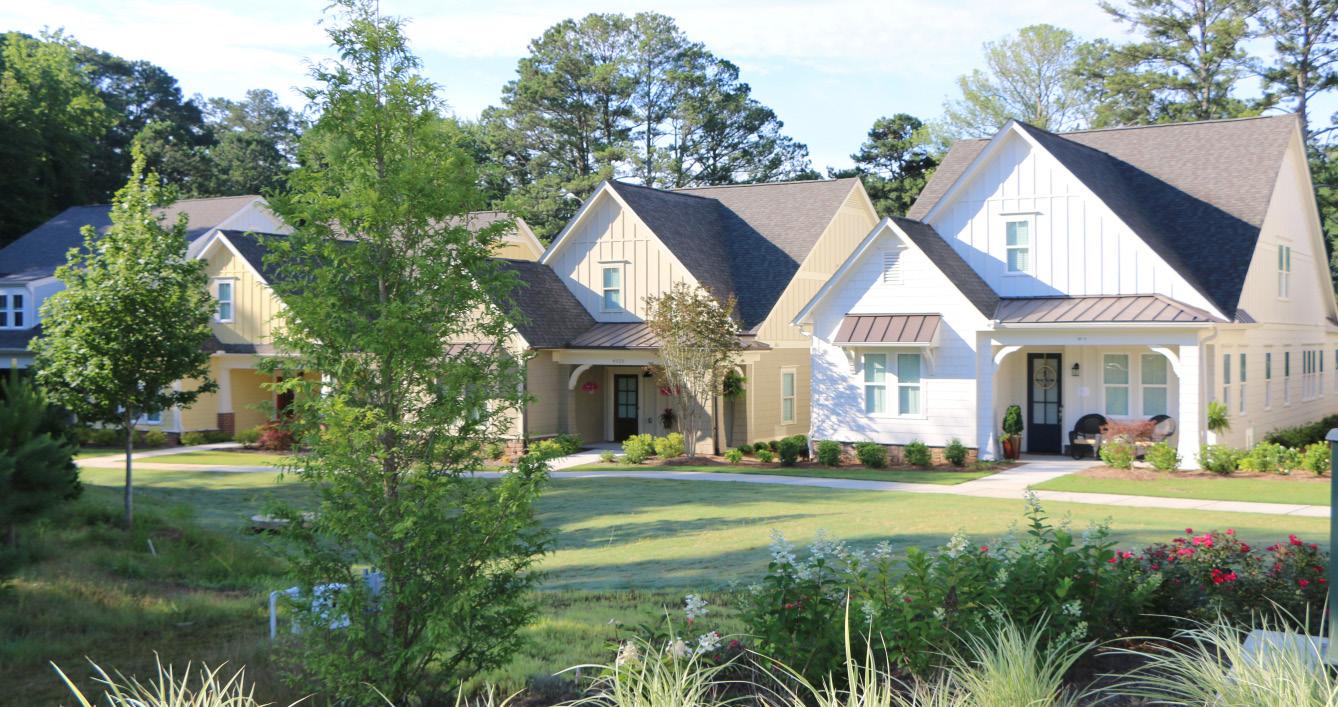
James Dempsey, an 89-year-old World War II vet, was recovering from hip surgery at a Georgia nursing home in 2014.
According to an Atlanta Journal-Constitution report, Dempsey told his son, Tim, that “strange things” were happening at the facility. Tim Dempsey hid a camera in his father’s room; it recorded the nursing staff failing to respond to Dempsey (according to prosecutors) as he begged for help and yelled that he couldn’t breathe. After a short time, Jack Dempsey became unresponsive and died.
The three women who were his nursing home caregivers at the time were brought up on criminal charges. One of the women claimed the camera footage should not be admissible because she had not consented to being recorded.
Dempsey’s family argued that since the nursing home was Jack Dempsey’s residence, they had the right to record what took place there, especially since there were concerns for his safety.
The court agreed with the family. In December, the Georgia Supreme Court ruled that the hidden camera footage was recorded legally and is admissible as evidence.
HB-605 was intended to create a way for a resident or their family to install a camera and live stream or record — after disclosing their intention to the nursing home or long-term care facility.
Rep. Sharon Cooper (R-Marietta), lead sponsor of HB-605, said, “The COVID-19 pandemic has spotlighted the critical need for cameras and communication devices to be the rule, rather than the exception, in the rooms of our loved ones who live in senior living facilities.
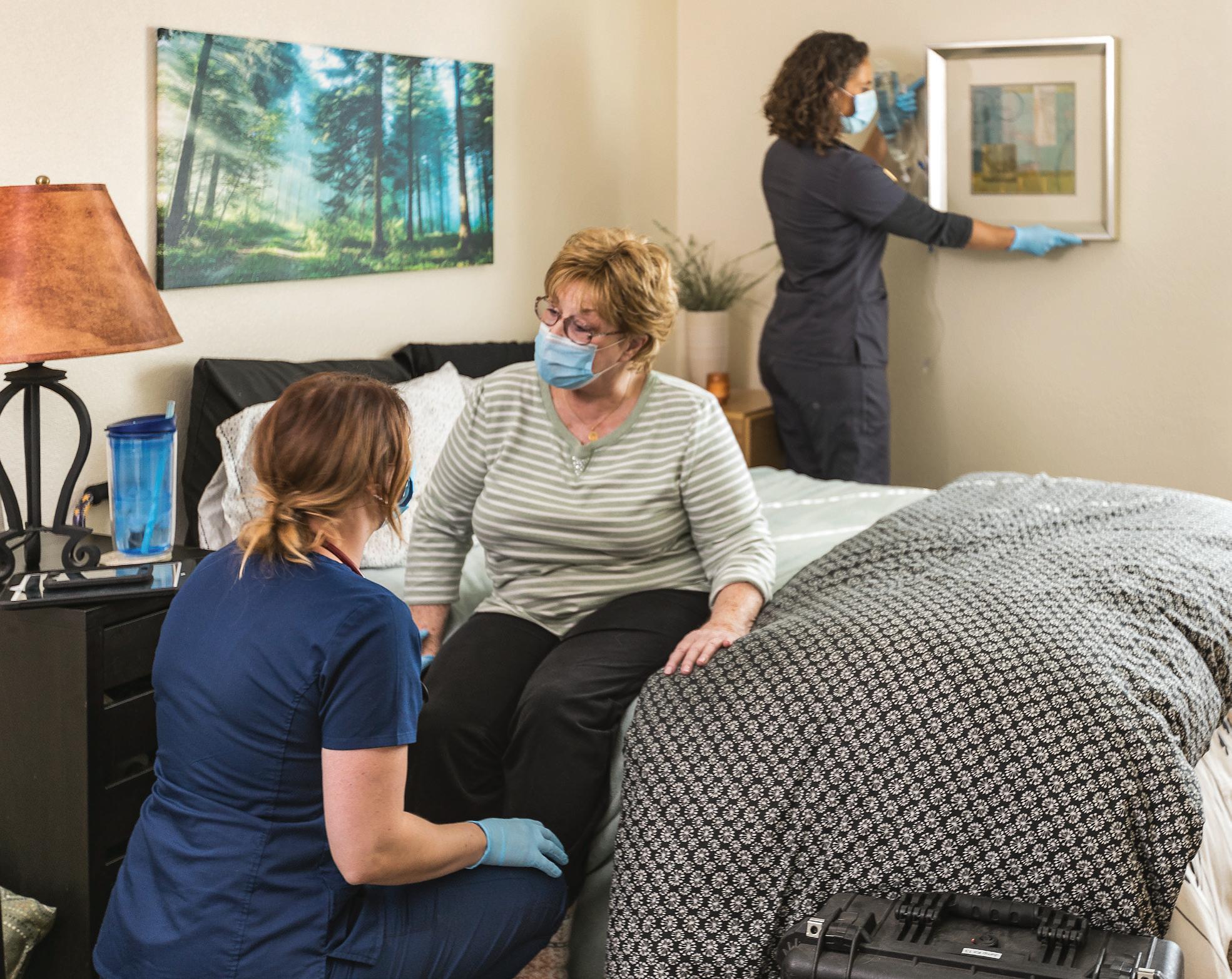
“As a nurse, a staunch advocate for seniors and the author of last year’s strict update on the operating rules of such facilities,
I believe families should be able to observe the care and well-being of their senior loved ones just as others watch their children in various care settings,” she continued, explaining that open cameras and signage outside a room alerts everyone entering the room — including family members, attorneys and caregiver — that their conversations and their actions will be recorded.
“Open cameras prevent neglect and may save lives,” Cooper said. “At its core, for me, HB 605 is about patient protection — protecting the privacy, the mental wellbeing and the physical safety of our seniors.”
Critics contend that the bill would endanger nursing home residents because it allows facilities to remove hidden cameras they haven’t approved –and has no criminal penalties if workers tamper with cameras that have been approved, although they would be subject to fines under current rules that govern nursing homes.










